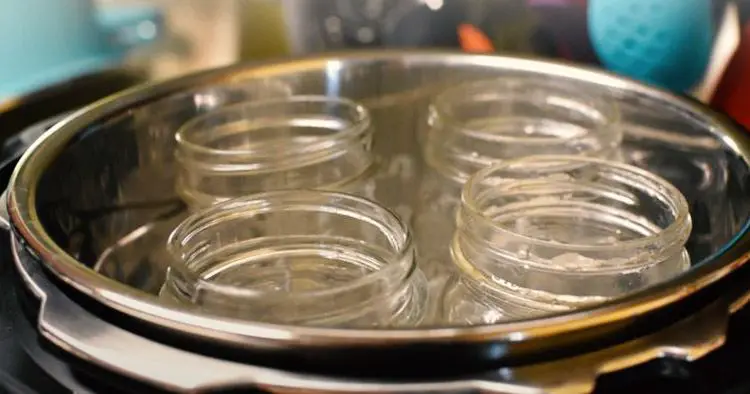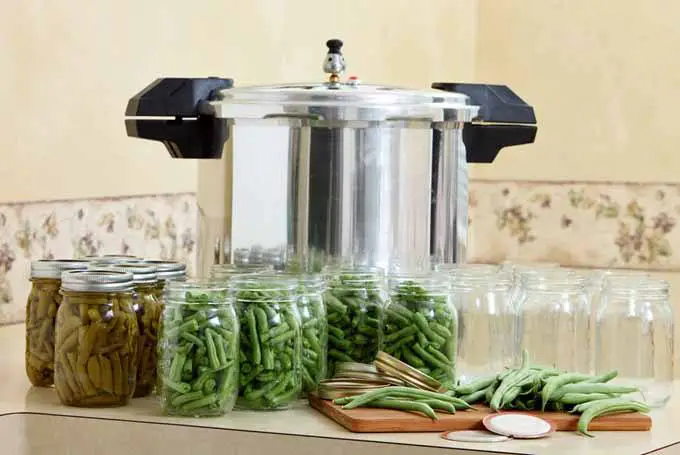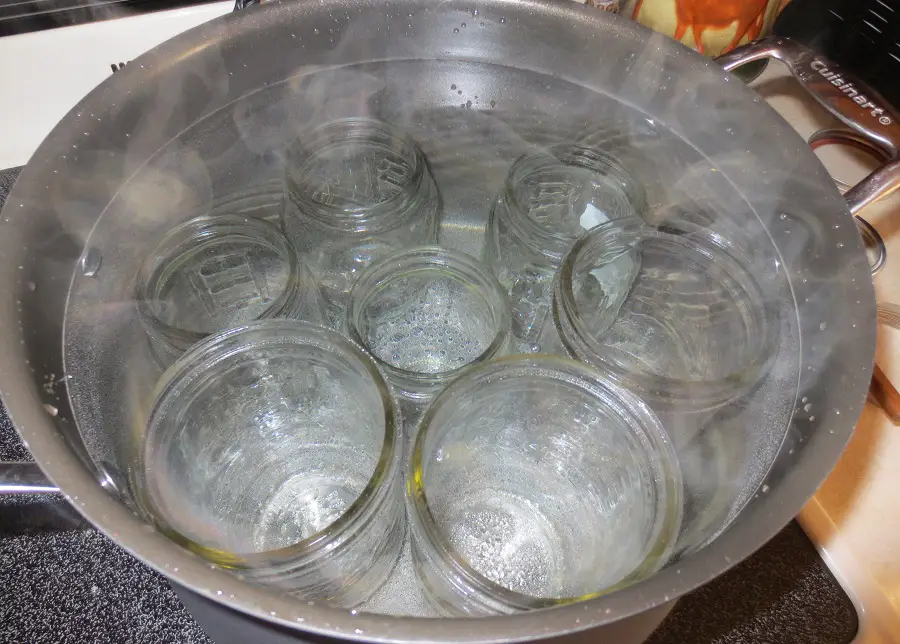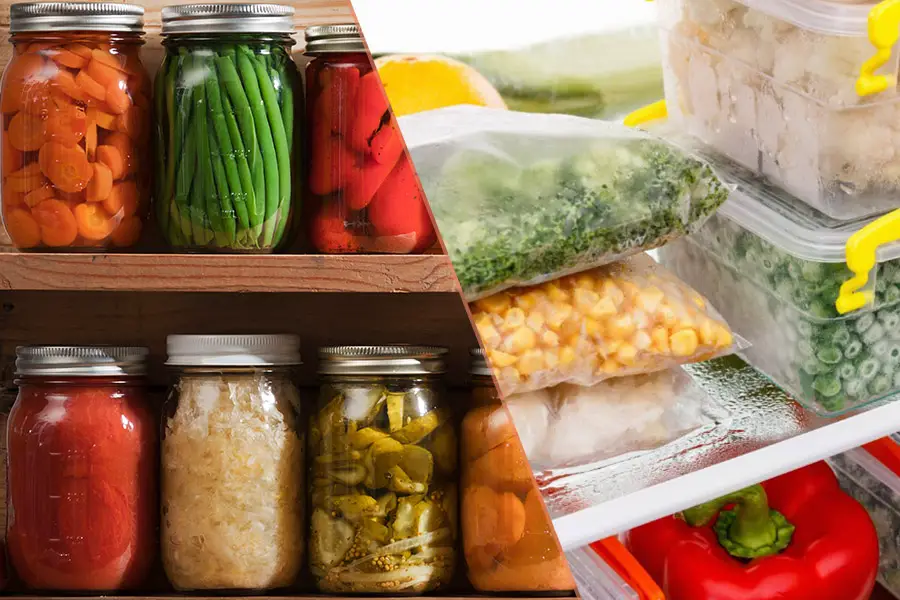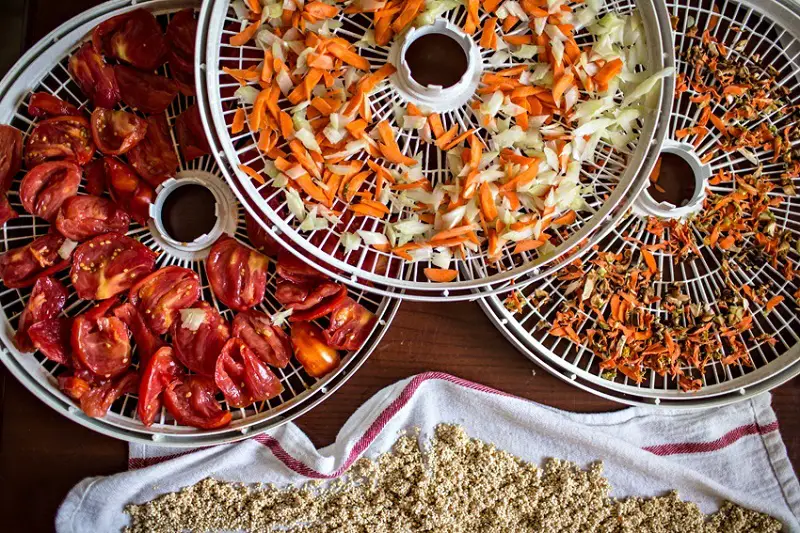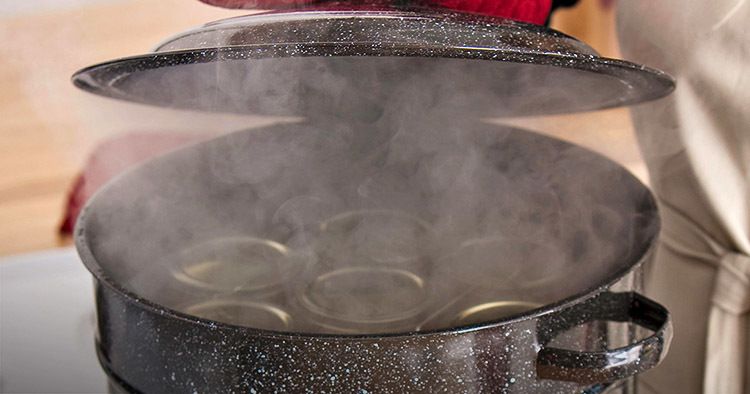
Canning fruits and vegetables is a very wise way to store food. Done properly and safely with preservation methods, you can enjoy your bountiful garden for months or years to come. One of the first and most important steps to follow is proper sterilization of canning jars. How long should I boil jars to make sure they are sterilized?
How do I sterilize canning jars by boiling?
- Glass jars should be designed for canning and free of chips or cracks. Ball Canning jars are the best on the market. Jars should have flat, gasket-lined lids with screw bands. The flat lids should be brand new. Bottles should have good condition rubber seals.
- Wash the jars and bottles in soapy water. You can use a dishwasher. Either way, rinse the jars very well. Make sure they are free of any debris.
- Place the jars upright into a canning pot. Add the lids and rings to the same pot in between the jars. Fill the pot with hot (not boiling) water until it covers the jars by one inch.
- Boil the jars and bottles for the recommended time (more on this below).
- Remove the jars with tongs and place then on a clean towel to drain until they are ready to use.
- If possible, leave the jars in the hot boiling water until you are ready to fill them.
- Fill them with your favorite produce and process using a water bath or pressure canner technique.
How long should I boil jars to sterilize?
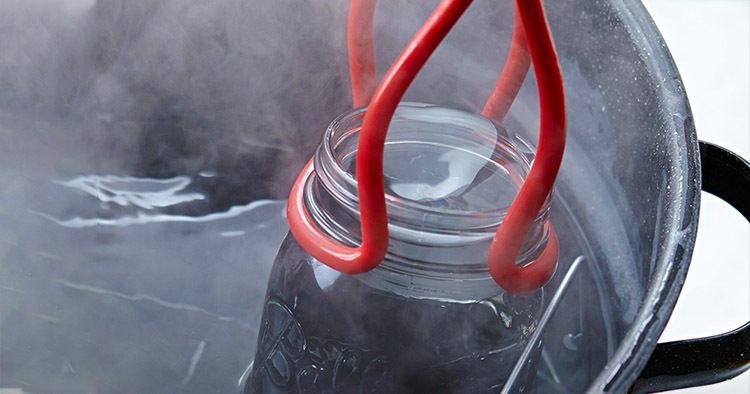
The generally recommended time to boil canning jars is 10 minutes if you live at an altitude of less that 1,000 ft. If you live at an altitude of over 1.000 ft, add 1 minute for ever 1,000 feet of elevation. For example, if you live at 9,000 feet, you will need to boil the jars for 19 minutes. If you don’t know your altitude, type in your location on this site and it will let you know. If you live near the ocean, you probably are below 1,000 ft. If you live in the mountains, you are a lot higher. It doesn’t hurt anything to boil jars a bit longer.
Do I actually need to sterilize jars?
Traditionally, all jars were sterilized in a water bath container, but the science today allows for different rules. It all depends on how long you intend to process the food in the canning process, as well as which canning process you choose.
If you are processing food filled jars for less than 10 minutes, it is important to first sterilize jars. Microbes are not killed withe less than 10 minutes of processing, so added jar sterilization process is a necessary step.
Processing filled jars for longer than 10 minutes in a water bath container or any amount of processing time in the pressure canner alleviates the need to boil jars, but it does not hurt anything if you add this extra step. It will be following the tradition of your grandmother and adding an extra set of precautions.
Remember to adjust for altitude in your canning process as well. Since the jars and food are over the boiling point for at least 10 minutes, this is sufficient to destroy the pathogens.
Why is it important to sterilize jars?
Food borne bacteria thrive at temperatures between 40 and 140 degrees Fahrenheit (5 and 60 degrees Celsius). Heating food above 140º F (60º C) will kill most bacteria. There are some bacteria that thrive at extreme conditions, but these are rare. Some bacteria will go dormant and start to grow when cooled down. Different bacteria will live at boiling temperatures for up to 5 minutes. The recommended boiling time for the jars is at least 10 minutes, which kills these stubborn strains.
Having hot, boiled, sterilized jars, properly prepared food and proper canning techniques results in the safest food preparation and storage.
Conclusion
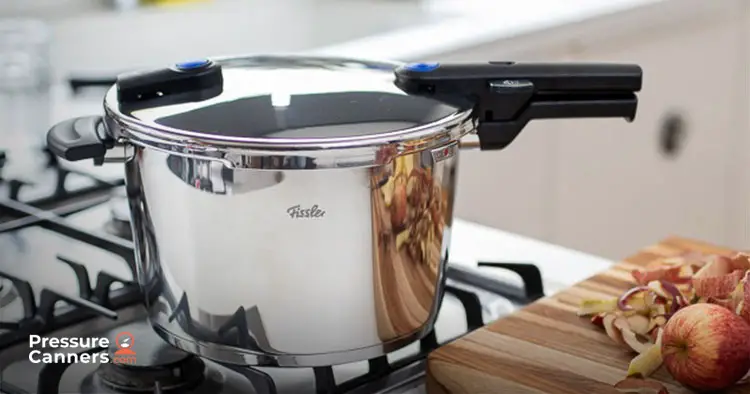
Canning is a great way to preserve food, but make sure that all the effort you put in up front will preserve your canned foods for the long term. This includes sterilizing jars properly. Are you ready to start canning? Try this easy recipe for salsa!
